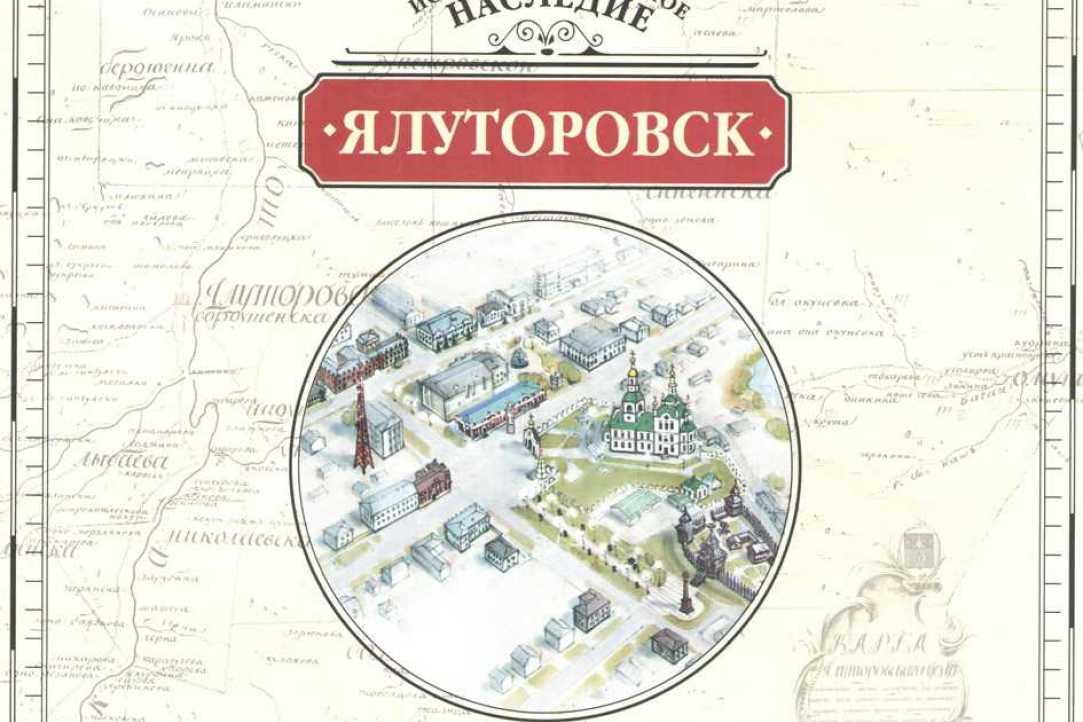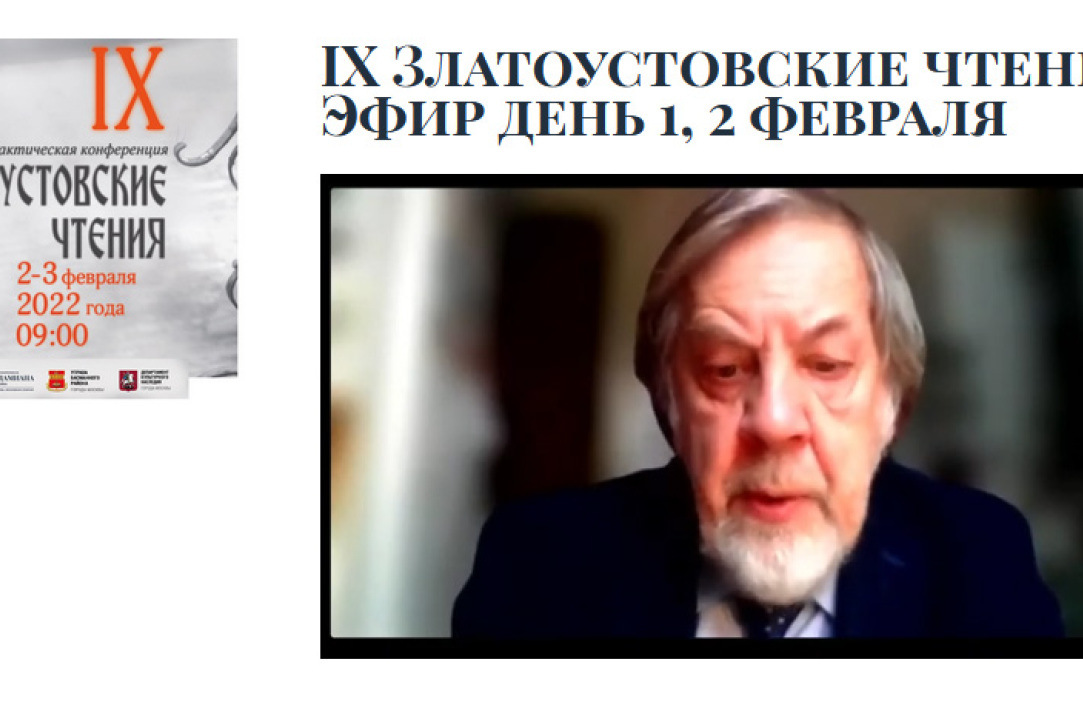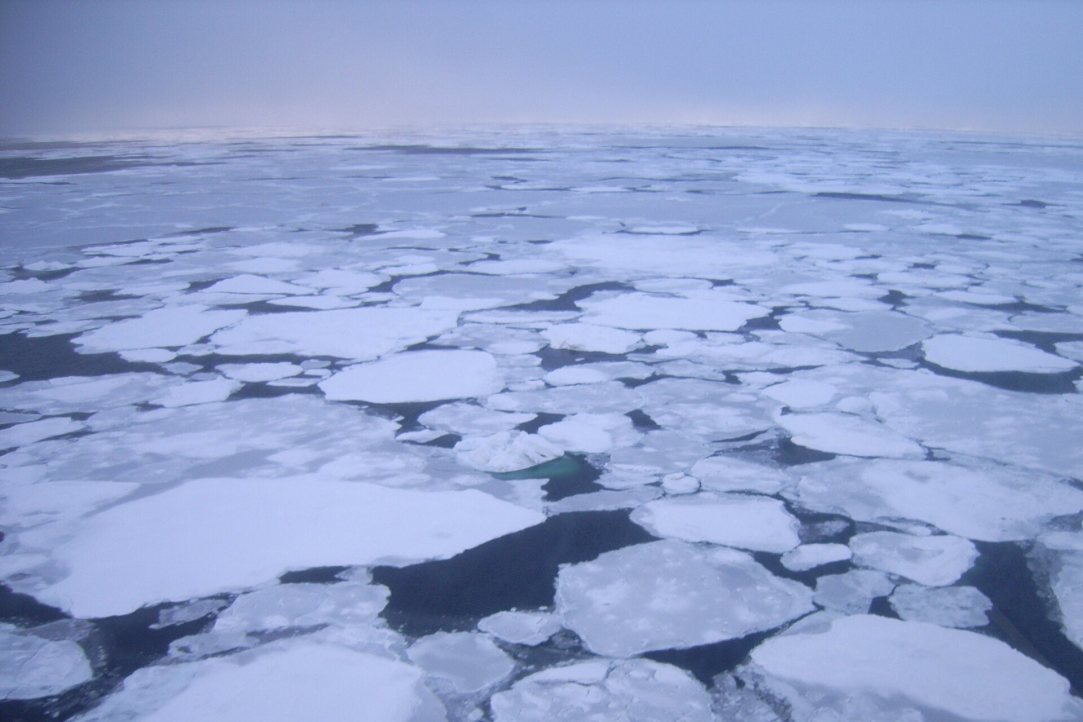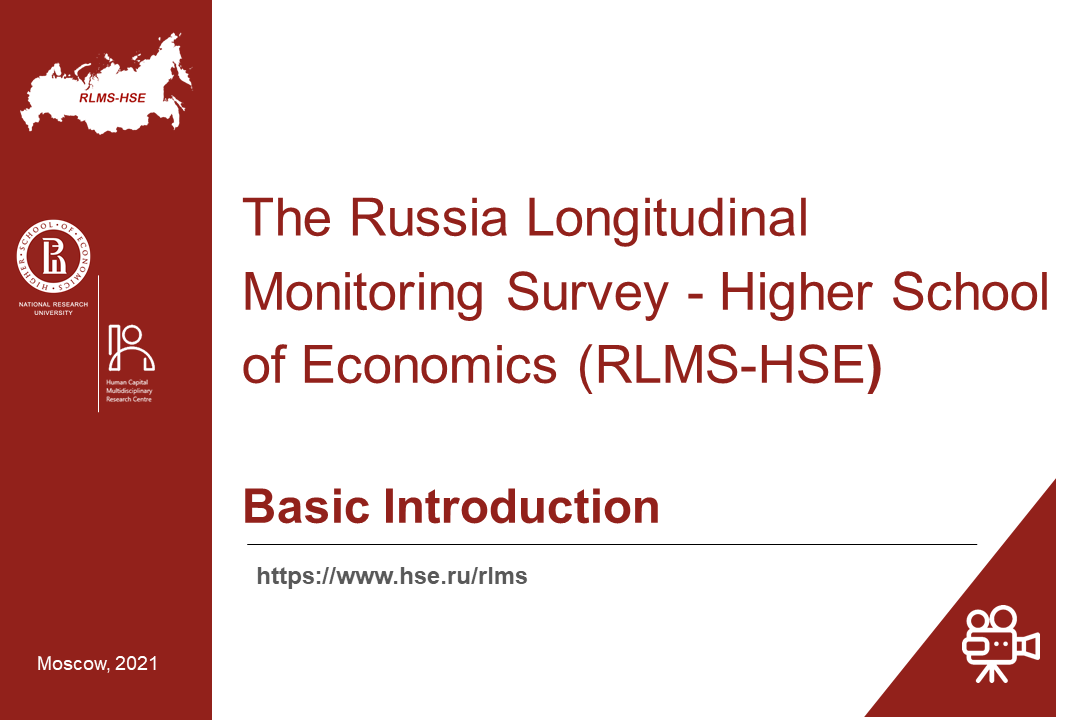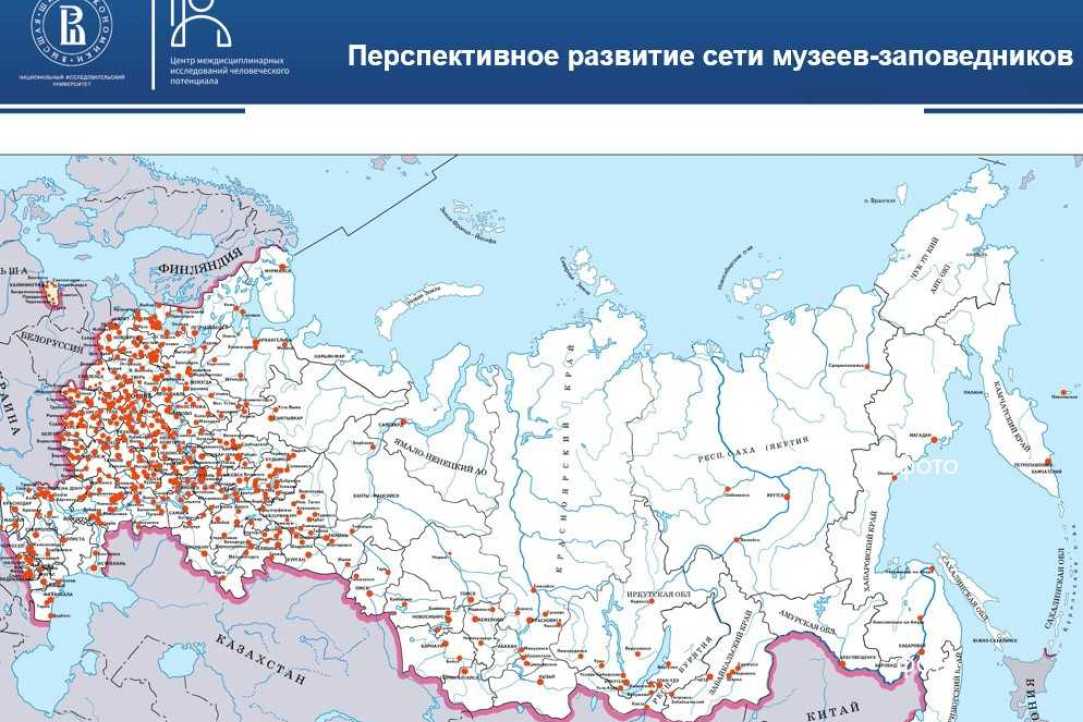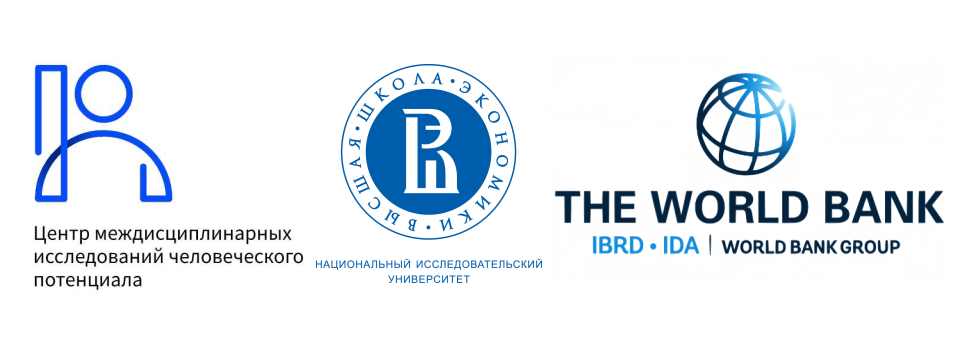TheHuman Capital Multidisciplinary Research Centre and HSE University, in cooperation with the World Bank, held the conference ‘New Challenges of Demographic, Epidemiological and Medical-Technological Development: Search for New Models of Healthcare Development.’ The participants discussed whether the healthcare system was prepared to face the pandemic, how the latter affected lifespans and excess mortality rates, whether we can trust statistics, and what we should do to see ‘the light at the end of the pandemic tunnel.’
